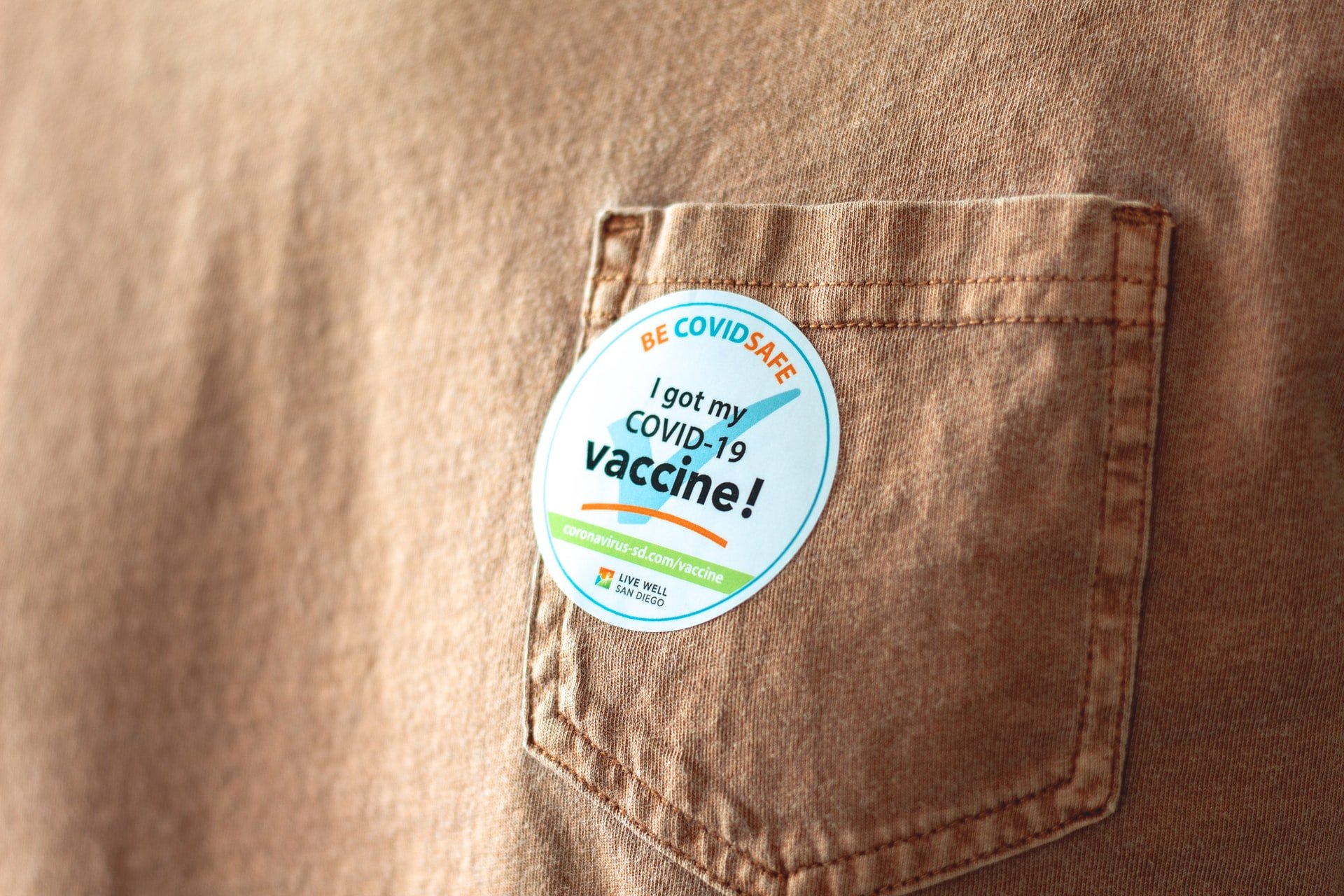From the outset, the pandemic has been a double threat: one part deadly infectious disease, one part crippling misinformation campaign. Along with the availability of life-saving vaccines came a whole new round of misconceptions and misunderstandings — some of which are standing in the way of people getting vaccinated. Let’s look at some of the most common vaccine-related myths to help separate fact from fiction. (Note: we’re ignoring truly absurd conspiracy theories, but you can find thorough debunkings of many of them by the CDC or Britannica.)
Myth: Since the FDA hasn’t fully approved the vaccines, they must not be safe.
With billions of doses administered, we would have plenty of evidence by now if the vaccines were unsafe. The minuscule number of adverse events recorded is testament to the general safety of all COVID-19 vaccines on the market. The fact that vaccines in the U.S. were so far only given provisional approval (known as Emergency Use Authorization or EUA) by the FDA does not mean they are unsafe. The agency’s full approval process is slow by design, but the EUAs were granted only after a full review of safety data by independent experts.

Myth: Vaccines are meant to prevent exposure to the virus.
It’s really, really important to understand what vaccines do in order to make sense of what we’re seeing in this period of mass vaccination. Vaccines can’t prevent you from coming into contact with the virus that causes COVID-19. In a typical infection, someone inhales viral particles, and in the hours that follow, the virus hijacks that person’s cells, forcing them to produce more copies of the virus. When there’s enough volume of virus in the system — scientists call it the “viral load” — that person may develop symptoms and can infect other people. During this process, the person’s immune system encounters the virus for the first time and reacts, but that reaction takes time if the virus has never been seen before. That’s where vaccines come in. While even vaccinated people may still come into contact with the virus, their immune systems have already been taught how to fight it. The protective response happens much faster, attacking the virus before it has time to make enough copies of itself to make the person sick or to be transmitted to someone else. That’s how vaccines save lives.
Myth: If I didn’t have side effects from the shot I’m not protected.
While most people report at least one side effect from getting vaccine shots — soreness at the site of injection is the most common — lots of people don’t have any side effects and still mount a strong immune response. Based on the high efficacy rates reported in clinical trials, if you are fully vaccinated you should assume you have good protection against the virus. If you have a compromised immune system or another condition that might depress your immune response, you can get tested for antibody levels after vaccination to find out whether your body reacted to the injection.
Myth: Breakthrough infections mean the vaccines are useless.
You know how when your doctor tells you to get the flu shot, she says even if it doesn’t prevent you from catching the flu, at least your case is more likely to be mild? That’s just the way it works with vaccines. None is 100% effective at blocking illness. When the COVID-19 vaccines were in development last year, the medical community hoped — fervently hoped — that they would turn out to be at least 50% effective. The fact that several of the vaccines turned out to be better than 90% effective is practically a miracle. With global circulation of the virus continuing even as billions of vaccine doses have now been administered, basic math tells us many vaccinated people will still get infected. The fact that most breakthrough infections are asymptomatic or very mild is strong evidence of how effective the vaccines are.

Myth: You get just as much protection from a natural infection.
There is plenty of scientific data now to show that vaccines lead to higher antibody levels against the SARS-CoV-2 virus (which causes the disease called COVID-19) than immunity produced through natural infection. People who experienced COVID-19 should boost their protective antibody levels by getting at least one dose of a vaccine.
Myth: Since the vaccines haven’t completely eradicated COVID-19, they must not work.
Even with the vaccines available today for a broad range of infectious diseases, eradication of a virus is almost impossible. Only two viruses have ever been eradicated, both through vaccination: smallpox in humans and rinderpest in animals. Most of the time, vaccines allow us to contain viruses rather than completely eliminate them. Because SARS-CoV-2 has proven extremely successful at jumping species — cats, dogs, tigers, gorillas, mink, and other animals have tested positive for the virus — it may never be fully eradicated. But the vaccines are still incredibly effective and represent the best chance society has to escape from the pandemic grip of this virus.
Myth: I only need one dose of the vaccine.
Yes, the Johnson & Johnson vaccine only requires one dose. But there’s a good reason the other approved vaccines require two doses: your protection isn’t nearly as strong or durable after one dose as it is after both. These vaccines were designed to take advantage of a key trait of our immune systems — they mount a much more robust response when they’re introduced to a potential threat and then reminded of that threat again later. Protection generated from the first dose is short-lived, while the response from both doses could last for a year or more.
Myth: Once I’m vaccinated I can abandon my mask and other safety precautions.
Unfortunately, at this phase of the pandemic, there is still widespread circulation of the virus. Since breakthrough infections are possible and there are many groups not yet vaccinated — including kids younger than 12 who are not yet eligible for the vaccines — we must all be careful to avoid catching and passing the virus on to those who are more vulnerable. In areas where positivity rates are very low and you’re not around unvaccinated people, masking may not be necessary. But where positivity rates are high or if you’re often around people who have not gotten a vaccine, wearing a mask (especially indoors) is still a good idea.
Myth: The vaccine can make me infertile.
COVID-19 vaccines do not affect fertility. This widely held misperception is based on confusion between the spike protein of the SARS-CoV-2 virus and a completely different spike protein related to the placenta in a pregnant woman. The vaccine teaches the immune system to respond to the viral spike protein, which it would never mistake for the placental spike protein. There is no other link between the vaccines and fertility.

















